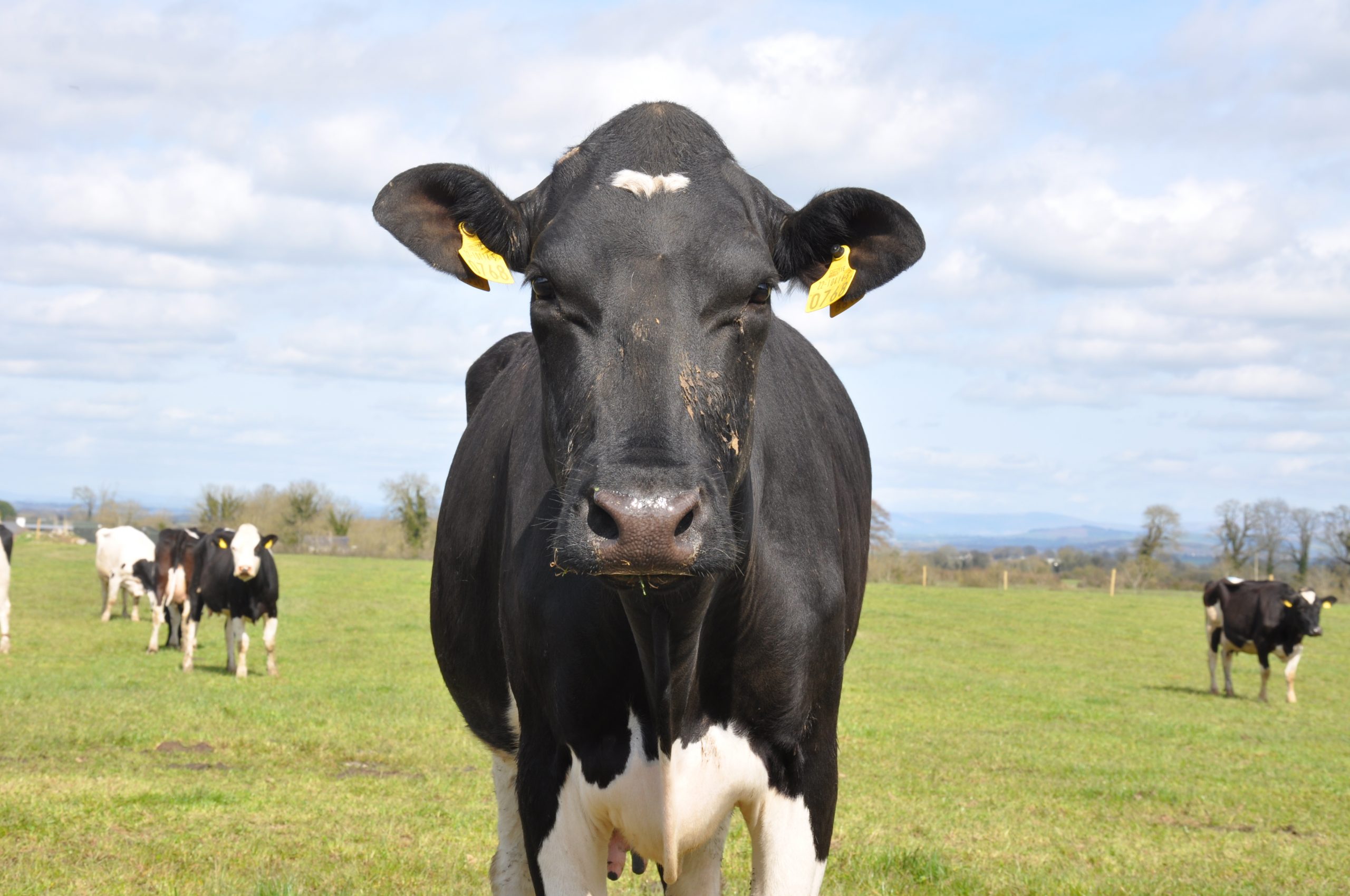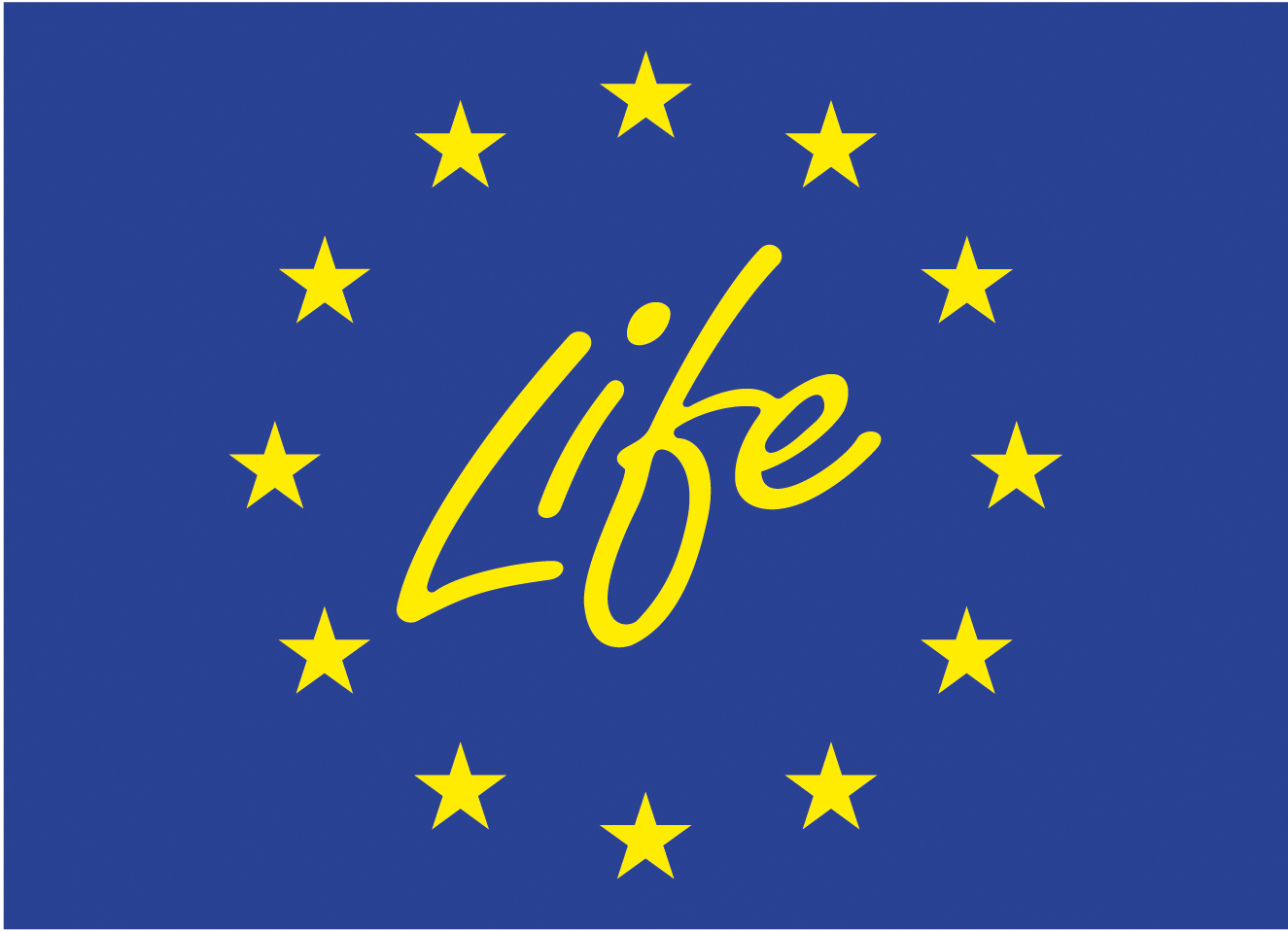
Animal welfare
A top priority for organic farmers
Animal welfare requirements are part of every organic standard and often even go beyond the EU organic regulation’s requirements. Organic farmers focus on ethical responsibility, long-term productivity and high product quality. Good animal health and welfare of all farm animals are central to their activities.

Animals should be kept so they can live their life according to their natural needs and behaviour. The animals’ well-being is the basis for good animal health and good farm economics. The general principles are:
- Allowing animals to display their natural behaviour: Animals can display their natural behaviours only if their living conditions replicate key features of their native habitat, with the necessary space and provisions. Organic systems have low stocking densities, outdoor access, and freedom of movement for animals.
- Welfare before productivity: Breeding programmes in organic agriculture aim at a holistic approach, balancing productivity, longevity, adaption to environmental conditions and conservation of biodiversity. Organic farmers typically prefer life-time productivity of their animals rather than yearly productivity.
- Preserving the health of animals’ environment: If too many animals are kept per hectare of farmland, the farm ecosystem cannot absorb the manure the animals generate. Excess manure could end up in groundwater or the atmosphere. The EU nitrates directive has addressed this problem, but organic systems are still the best performers. Limited stocking densities on organic farms secure a balanced nutrient supply to soil and plants without harming the environment.
- A systemic approach to controlling and preventing disease: Except for vaccines, organic farmers do not use preventive allopathic medication. Instead, they strengthen the immune system of their animals through careful hygiene, combined with a husbandry and feeding regime adapted to animals’ needs, following a system-based approach. If necessary, individual animals may be treated curatively to safeguard their welfare. The organic approach to disease control and prevention avoids overuse of medication. In turn, this prevents side effects, residual antibiotics in meat and dairy, and resistant pathogens.
- Ensuring a balanced organic diet for animals: organic livestock shall graze in organic grassland whenever the weather conditions allow it. Organic animals should be fed with organic or in-conversion feed suitable for animals’ nutritional requirements during the different stages of their development. Non-organic feed materials can only be used if they are authorised in the Organic Regulation. Depending on the species of animals, between 30 and 70% of the feed should come directly from the farm itself, or in cooperation with other producers and operators from the same region.
- Routine management practices that can be painful, such as mutilations, are banned in organic farming. Exceptionally, a few practices are allowed on case-by-case basis if they improve the health, welfare or hygiene of the livestock or where workers’ safety would otherwise be compromised. An example of such practices exceptionally allowed through an authorisation of the Competent Authority is dehorning.
- Transport and slaughter: while we recognise the importance of reducing transport time, European organic stakeholders face practical challenges as there are few certified slaughterhouses for organic products. The consequences are that there might be long distances from the farm to the slaughterhouses. This is independent from the farmers’ control and so farmers should not be penalised. The European organic movement supports the further development of local organic slaughterhouses.
IFOAM Organics Europe:
- Contributes to the health and well-being of farm animals. Through its work on the EU Organic Regulation, IFOAM Organics Europe supports initiatives aiming to improve animal health and welfare across Europe;
- Published a position paper on animal welfare labelling and animal welfare standards. The paper focuses on organic approaches to animal welfare, offering recommendations for policymakers.
Useful links:
Food and Agriculture Organization (FAO): Gateway to animal welfare
Ongoing processes
A legislative proposal from the European Commission to revise the EU legislation specifically on stricter rules on animal transport was published on 7 December 2023. The new proposal constitutes a revision of the current Council Regulation (EC) No 1/2005 on protection of animals during transport and, among other things, aims to reduce animal welfare problems linked to long journeys and repetitive unloading and re-loading, impose stricter rules on extreme temperature limits, transportation of vulnerable animals like unweaned and pregnant animals, and facilitate digitalization of transport data. The presentation of the proposal on animal transport is a deviation from the Commissions’ previous commitment to publish a new legislation on animal welfare standards more broadly, including husbandry conditions and the creation of an EU voluntary animal welfare labelling.
In 2021, the Commission launched a Roadmap and a public consultation aiming at checking the fitness of the current rules on animal welfare standards at farm level, during the transport and time of killing in order to revise the legislation. You can find our feedback to the Roadmap on the European Commission’s website.
The European Parliament’s adopted in January 2022 recommendations on animal conditions during transport: MEPs recommend to increase Member States’ controls to check whether transporters comply with the EU animal welfare standards, when transporting, loading and deloading animals. They recommend keeping a temperature between 5 and 30 degrees celsius during travel duration, transporting carcasses and meat rather than live animals, and to establish a maximum transportation time of 8 hours for animals transported by road and to ban the transport of calves below the age of four weeks.
These recommendations are based on the Parliament’s Committee of Inquiry into the protection of animals during transport (ANIT Committee)’s report which highlights that Member States do not always comply with EU rules and these rules ‘do not take account the different transport needs of animals.
Evaluation of EU animal welfare strategy (2012-2015): The 2012-2015 EU Strategy for Protection and Welfare of Animals aims to improve animal welfare standards and ensure their application and enforcement. In 2018, the European Court of Auditors (ECA) recommended an evaluation of this strategy. Therefore, the European Commission launched a Roadmap in 2019 and a consultation in 2020 to assess how the strategy delivered on its objectives and if they are still relevant and consistent with current needs, as well as to evaluate the strategy’s efficiency and complementarity with national efforts in this field. The Commission’s evaluation report has been released in March 2021.
Legislative background
EU Regulation 2018/848 on organic production and labelling of organic products: Covers organic production rules for livestock and animal welfare (implemented as of 1 January 2022 and replacing the EU Regulation 834/2007).
EU Commission Delegated Regulation (EU) 2021/2304: Sets rules on the issuance of complementary certificates certifying the non-use of antibiotics in organic production of animal products for the purpose of export.
EU Commission Implementing Regulation 2020/464 on the documents needed for the retroactive recognition of periods for the purpose of conversion, the production of organic products and information to be provided by Member States: indicates the stocking densities per animal species, as well as the minimum surface for in-door and out-door spaces.
EU regulation 834/2007 and EU regulation 889/2008 on organic production and labelling of organic products (implemented until 31 December 2021)
Animal welfare Strategy 2012-2015: Identifies main common drivers affecting the welfare status of animals, for example lack of enforcement of EU legislation by the Member States, and proposes strategic actions based on two complementary approaches: simplification of EU legislative framework and various further actions by the Commission.
Council Regulation 1099/2009 on the protection of animals at the time of killing: Lays down rules for killing animals bred or kept for the production of food, wool, skin, fur or other products.
Council Regulation 1/2005 on the protection of animals during transport and related operations: Regulates the transport of live animals between EU countries and provides for checks on animals entering or leaving the EU. The rules aim to prevent injury or unnecessary suffering to the animals.
Council Directive 98/58 on the protection of animals kept for farming purposes: Reflects the so called five freedoms:
- freedom from hunger and thirst
- freedom from discomfort
- freedom from pain
- freedom to express normal behaviour
- freedom from fear and distress

The work of IFOAM Organics Europe on this topic is co-financed by the LIFE programme of the European Union, under the Climate, Infrastructure and Environment Executive Agency (CINEA). This page only reflects the views of the authors, and its sole responsibility lies with IFOAM Organics Europe. The CINEA is not responsible for any use that may be made of the information provided.

The ‘Replacement of Contentious Inputs in Organic Farming Systems’ (RELACS) looked into safe tools and technologies to phase out inputs considered contentious in organic farming. Two of the project work packages look into providing solutions to support livestock health and welfare. Namely by searching for alternatives to anthelmintics and antibiotics use. Policy briefings and technical resources are available here.

Ok-Net EcoFeed helped farmers, breeders and the organic feed processing industry achieve 100% use of organic and regional feed for monogastrics (pigs, broilers, laying hens and parents of broilers and laying hens) (2018-2021). Resources are available here.


